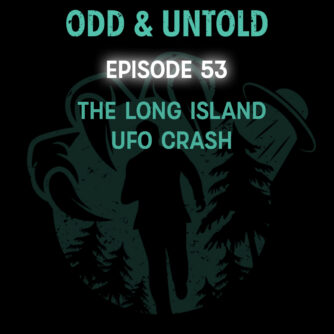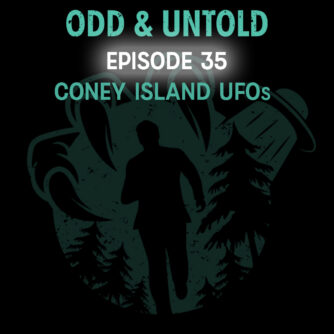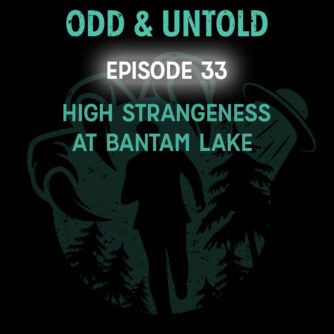Back in April, I blogged about Stephen Hawking’s point of view concerning alien contact with Earth and what it might mean for us earthlings. He basically said “If aliens visit us, the outcome would be much as when Columbus landed in America, which didn’t turn out well for the Native Americans.” So basically the doomsday scenario. The Columbia Daily Tribune is now commenting on that article, and includes some of the criticisms of Hawking’s opinion, from the scientific community:
Hawking noted such aliens would probably be nomads living in massive spaceships after having exhausted the resources of their own planets and shifting from one interstellar refueling station to the next. “If aliens ever visit us, I think the outcome would be much as when Christopher Columbus first landed in America, which didn’t turn out very well for the Native Americans.” Hawking has issued this warning for several years. In a 1996 essay, he said until humans become more sophisticated, they should be “wary of answering” aliens.
In response to Hawking’s warning, The Journal of Cosmology, a scholarly journal of astronomy and astrophysics associated with the Department of Astronomy, Center for Astrophysics, at Harvard-Smithsonian in Cambridge, Mass., published the views of 12 scientists commenting on Hawking’s ET statements. According to the Los Angeles Times, “some criticized Hawking’s use of human behavior to predict what aliens would do, but others said human behavior was a reasonable yardstick. Few, however, questioned the premise of Hawking’s statements — that alien life forms probably exist and we are likely someday to encounter them.”
I, too, mentioned in that initial blog entry how it was somewhat irresponsible to use human behavior to predict how an alien race might act towards us. To quote myself:
Again, why would they come to colonize? Why would they come to steal our resources? These are very human, and honestly unimaginitive, theories. Plausible, but unimaginitive. And if you’re going to go with human-like theories, then why stop there? Maybe they would want to come here simply out of curiosity? Or maybe they will come here to open a new chain of superstore?
I’m a bit saddened that none of the other leading scientists mentioned my intergalactic superstore theory. Oh well.
The other interesting piece of news that this same article mentions is that Carl Sagan, a very vocal skeptic about the theory that we may already be host to some alien spacecraft, once confided in Dr. J. Allen Hynek that he actually saw a UFO, but did not want to risk his credibility in admitting so publicly.
A May 5 report by Zland Communications Network also added to the UFO/ET discussion. That report said in 1984 beloved astronomer/astrophysicist Carl Sagan revealed to J. Allen Hynek that he, like Hynek, believed UFOs are real. Hynek, a former professor of astronomy at Ohio State University and at Northwestern University, served as civilian scientific consultant to the U.S. Air Force’s seminal UFO study know as Project Blue Book (1952-69).
At the outset, Hynek was a UFO debunker and, as he said, was an “arch-enemy of those flying saucer groups and enthusiasts who very dearly wanted UFOs to be interplanetary.”
But after leaving Project Blue Book, Hynek wrote: “Now, however, documentation which puts the UFO-U.S. government controversy in quite a new light has become available” and shows “that the CIA and NSA protestation of innocence and lack of interest in UFOs are nothing short of prevarication. … For the government to continue to maintain that UFOs are non-existent in the face of the documents already released and of other cogent evidence … is puerile and, in a sense, an insult to the American people.”
Sagan’s alleged UFO revelation was cited by Hynek’s former colleague, photojournalist and investigative reporter Paola Leopizzi-Harris.
“My recollection is that Hynek said it was backstage of one of the many Johnny Carson Tonight Shows Sagan did,” Leopizzi-Harris said. “He basically said” to Hynek “in 1984, ‘I know UFOs are real, but I would not risk my research funding, as you do, to talk openly about them in public.’ ” This comment was in stark contrast to many of Sagan’s earlier statements, including one at a 1968 meeting of the U.S. House Committee on Science and Astronautics at which he said: “I do not think the evidence is at all persuasive, that UFOs are of intelligent extraterrestrial origin.”
If this is true, it would be incredibly interesting. Sagan was extremely smug and took a holier-than-thou approach to the study of UFOs and ufologists, basically dismissing the possibility that any alien race could get here. Basically the old “We already know all there is to know, and nobody in the entire universe is smarter than us” philosphy. Or as I like to call it, “We already know all there is to know, and nobody in the entire universe is smarter than us-ism.” (Yes, the only thing I took from my college philosophy course is that most models of philosophy end in “-ism”).



